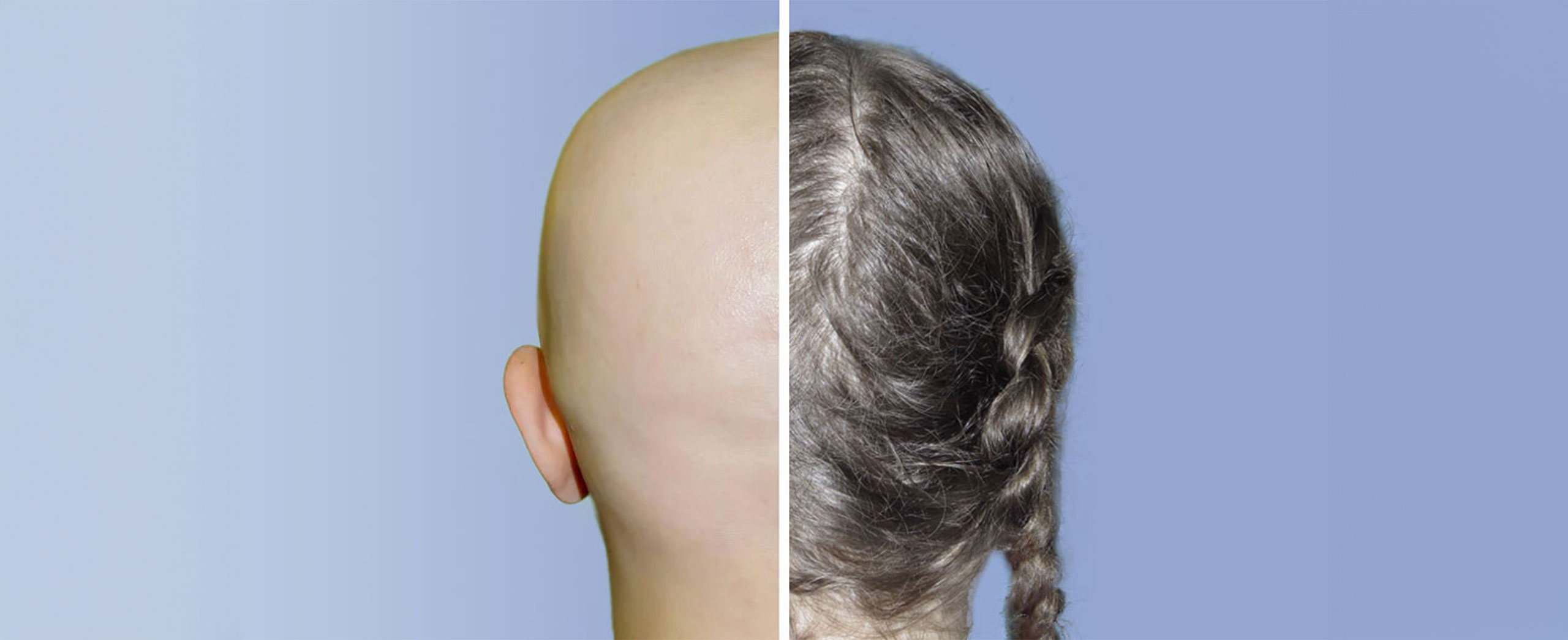Exploring New and Traditional Medications for Hair Loss: What You Should Know
Hair loss affects millions of people worldwide, leading to many treatment options—both old and new. Over the years, hair loss treatments have changed a lot, and thanks to new medical advances, there are more options than ever. Whether it’s over-the-counter supplements, prescription medications, or in-office treatments, knowing your options can help you choose what’s best for your hair health.
Traditional Medications for Hair Loss
For decades, the go-to medications for hair loss have been minoxidil and finasteride. These medications are often the first line of defense for men and women experiencing thinning hair.
- Minoxidil: Minoxidil has been a common hair loss treatment since the 1980s. Known by the brand name Rogaine, it’s an over-the-counter topical solution you apply directly to the scalp. Minoxidil works by prolonging the growth phase of hair follicles and increasing blood flow to the scalp. It’s FDA-approved for both men and women, but its effectiveness tends to be moderate. It works best for people experiencing early-stage hair loss and may take several months to show results.
- Oral minoxidil is available by prescription. Though not FDA-approved for hair loss it’s used off-label by many dermatologists and can be a good option for those who prefer a pill or can’t tolerate the topical version.
- Finasteride (Propecia): Finasteride is an oral medication mainly used to treat male pattern baldness, or androgenetic alopecia. It works by lowering levels of a hormone called dihydrotestosterone (DHT), which is linked to hair loss in men. While it can slow hair loss and even help with regrowth in some men, it is not safe for women who are pregnant or may become pregnant. This medication requires a prescription and is often combined with other treatments for more robust results.
Newer Medications and Treatments for Hair Loss
As medical research has advanced, newer medications and therapies have emerged, offering hope for those who haven’t responded well to traditional treatments.
- Dutasteride: Similar to finasteride but more potent. It blocks two types of enzymes that produce DHT instead of just one. Though it’s not officially FDA-approved for hair loss, it has shown promising results and is increasingly used off-label by dermatologists.
- Platelet-Rich Plasma (PRP) Therapy: A newer in-office procedure using your blood’s plasma to stimulate hair follicles. PRP involves drawing a small amount of a patient’s blood, spinning it to concentrate the plasma, and injecting that plasma, rich in growth factors, into the scalp. It can also be used alongside other treatments for enhanced results.
- JAK Inhibitors: One of the most groundbreaking recent developments in treating autoimmune hair loss, such as alopecia areata, is the use of JAK inhibitors (Janus kinase inhibitors). These medications block inflammation linked to autoimmune hair loss. JAK inhibitors have been a game-changer for individuals with more challenging forms of hair loss, including complete baldness. These medications can cause rare but serious side effects which should be discussed with your dermatologist.
The Appeal of Over-the-Counter Supplements
Many people try over-the-counter supplements like biotin, iron, zinc, or saw palmetto to improve hair health. While some supplements claim to promote thicker, fuller hair, clinical evidence of their effectiveness is limited.
Biotin, for example, is widely marketed for hair growth, but it is only beneficial if you are truly deficient in it, which is rare (approximately 1 in 60,000 people in the US). While supplements may help improve overall hair health or combat minor thinning due to nutritional deficiencies, they don’t address the more common underlying causes of hair loss such as genetics, hormones, or autoimmune disorders. Always check with a doctor before taking supplements, as too much of certain nutrients, such as iron, can be harmful.
Why You Should See a Board-Certified Dermatologist
To treat hair loss effectively, it’s important to understand the cause. That’s why seeing a board-certified dermatologist is key. Hair loss can be caused by many things, including genetics, hormones, or medical conditions. A dermatologist can figure out the type of hair loss you have and recommend treatments, includingmedications, in-office procedures, or lifestyle changes.
Dr. Brett King Joins Dermatology Physicians of Connecticut
If you’re dealing with hair loss, there’s great news. Dr. Brett King, MD, PhD, has joined Dermatology Physicians of Connecticut. Dr. King is known for his work treating alopecia areata and other complex hair problems. His research has helped develop new treatments, like JAK inhibitors, which have shown great results for autoimmune hair loss.
Dr. King’s expertise brings advanced treatment options to patients in Connecticut, offering individualized care plans tailored to their unique hair loss concerns.
Conclusion
Whether you’re considering traditional treatments like minoxidil and finasteride, orexploring newer treatments like JAK inhibitors and PRP therapy, a dermatologist can guide you to the best options for your hair loss. OTC supplements may provide some benefit, but they rarely address the root cause of hair loss.
With experts like Dr. Brett King at Dermatology Physicians of Connecticut, you’ll have access to the latest treatments and personalized care plans to restore your hair and confidence. Schedule a consultation with DPCT today to explore your options and start your journey to regrowth.
Book an appointment on our website or give our office a call at 203-538-5682 to schedule your annual checkup/screening.

